SUMMARY
This is AI generated summarization, which may have errors. For context, always refer to the full article.
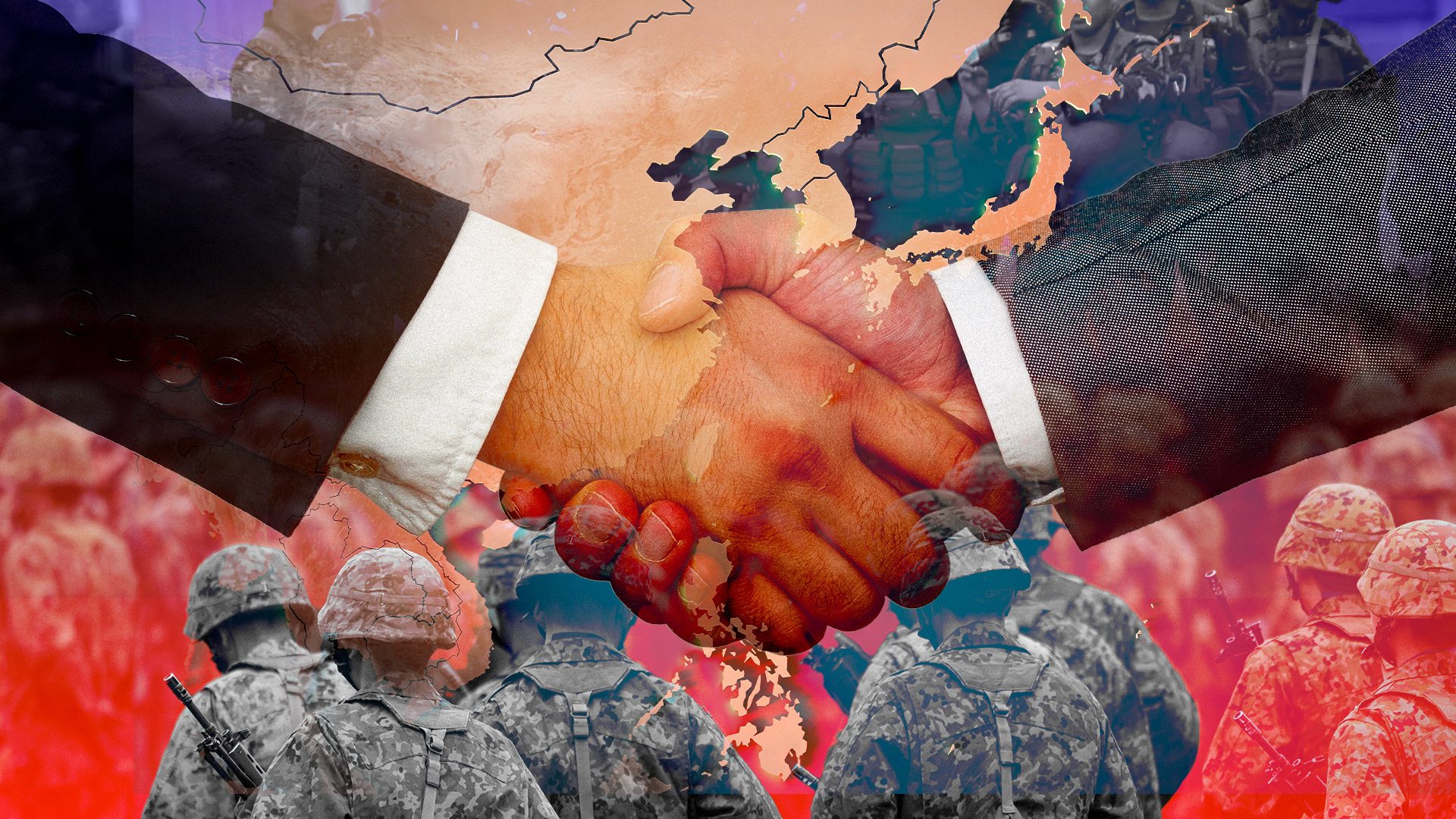
After a year-long book leave, I am back in Rappler and will resume my weekly newsletter. For the past two months, I have been writing in Tokyo and have since followed the remarkable changes happening in Japan’s security policy. Here’s my take.
A seismic shift has been taking place in Japan’s security landscape – and the Philippines is feeling the waves, garnering a number of firsts in Manila-Tokyo relations.
Since Japan’s National Security Council was established in 2013, it gradually shaped the country’s new strategy, moving it away from pacifism to preparing for external threats by building deterrence. Some call it “pragmatic pacifism.”
The result of the Council’s work were three documents released in December 2022: the National Security Strategy, the National Defense Strategy, and the Defense Buildup Program. China’s aggression near the Japan-administered Senkaku Islands and in the South China Sea was a driving force in this change.
Michishita Narushige, professor at the National Graduate Institute for Policy Studies or GRIPS in Tokyo, said in a forum that what’s new in Japan’s national security strategy is that Japan has committed to be “strong enough, exactly what it is doing, in order to provide credible deterrence to prevent war.” He referred to two potential flashpoints, the Taiwan Strait and Korean Peninsula.
As Japan’s new security strategy was nearing completion last year, the Philippines held its first two-plus-two talks in Tokyo: then-defense secretary Delfin Lorenzana and Foreign Secretary Teodoro Locsin Jr. met with their counterparts, Nobuo Kishi and Yoshimasa Hayashi, in April 2022 to discuss expanding defense cooperation. In a joint statement, they agreed to “facilitate reciprocal visits as well as reciprocal provision of supplies and services in order to further enhance cooperation such as exercises between Japan Self-Defense Forces and the Armed Forces of the Philippines.”
RAA or VFA?
A likely arrangement between the Philippine military and the Japan Self Defense Forces (JSDF) could be in the form of a Reciprocal Access Agreement (RAA), which lays down the rules of engagement, including procedures for joint exercises conducted by the armed forces of one country while visiting the other country, port calls of vessels and the status of the visiting force – which covers adherence to the laws of the host country. The RAA is similar to the Visiting Forces Agreement (VFA) of the Philippines and the US and the Status of Visiting Forces Agreement (SOVFA) of the Philippines and Australia.
For its part, Japan has sealed RAAs with two countries, the UK and Australia, while it has a Status of Forces Agreement with the US. If the Philippines and Japan finalize an RAA or VFA, it will be Japan’s first with an Asian country.
Formal negotiations for an RAA between Manila and Tokyo have not yet started, Japan’s ambassador to the Philippines, Kazuhiko Koshikawa, said although the two countries are preparing for preliminary talks.
A number of firsts
Apart from the first two-plus-two talks last year, Manila and Tokyo notched up a few other firsts:
- The Philippines is one of the first countries to receive Official Security Assistance (OSA) from Japan, the guidelines of which were unveiled in April 2023. This is a departure from Japan’s purely ODA (Official Development Assistance) approach and is meant to strengthen the military capabilities of friendly countries. The OSA includes provision of equipment and supplies to beef up monitoring and surveillance in maritime areas and airspace, peacekeeping operations, and humanitarian activities.
- Two Japanese fighter jets (F-15) landed in the former Clark Air Base in December 2022 as part of the defense cooperation between the Japan Air Self-Defense Force and the Philippine Air Force. The visit of the Japanese fighter jets was the first to the Philippines since World War II.
- The Philippine Army joined the Japan-US command post exercise, Yama Sakura, as observers, another first in military annals. The Yama Sakura, an annual exercise between the Japan Ground Self Defense Force (JGSDF) and US Army Pacific, was held in Camp Asaka in Japan in December 2022. Army Chief Lt. Gen. Romeo Brawner Jr. said the exercises showed “how both the US Army and the JGSDF operate in a joint, combined, and multi-domain warfare. This will allow us to adjust our doctrines, tactics, techniques, and procedures as necessary in order for us to operate on a global scale.”
- This year, the Philippines is to receive Japan’s first defense equipment export since Japan lifted a ban on such transfers in 2014: warning and control radar systems manufactured by Mitsubishi Electric. The detection system can help the Philippines monitor maritime and air activity in the South China Sea.
‘Most important security partner’
Among Southeast Asian countries, the Philippines has been open to receiving assistance from Japan, Saya Kiba of the Kobe City University of Foreign Studies, told me. Kiba, who has been studying security relations between Japan and ASEAN members, traced the start of the expansion of defense ties between Manila and Tokyo to the administrations of President Benigno Aquino III and Prime Minister Shinzo Abe. After Typhoon Haiyan devastated parts of the Philippines in 2013, Japan sent more than 1,000 JSDF personnel to assist in disaster relief, the largest deployment ever. After this, the Philippines’ defense department considered forging an RAA or VFA with Japan for seamless coordination between the JSDF and AFP during disasters.
Security relations between the two countries have since come a long way. As Tomotaka Shoji of the National Institute for Defense Studies, a think tank of Japan’s defense ministry, told me: “The Philippines is the most important security partner of Japan (in Southeast Asia). We share common concerns about maritime security in the face of China’s growing assertiveness in the South China Sea and East China Sea.”
We will be seeing more joint military activities with Japan as well as trilateral security cooperation among Japan, the US and the Philippines. But that’s a topic for another day.
Let me know what you think. You can email me at marites.vitug@rappler.com. – Rappler.com
Add a comment
How does this make you feel?
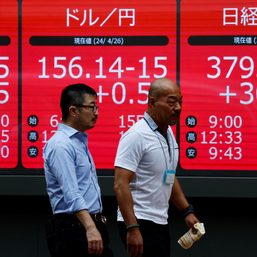
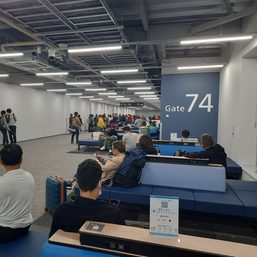
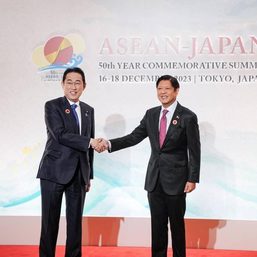
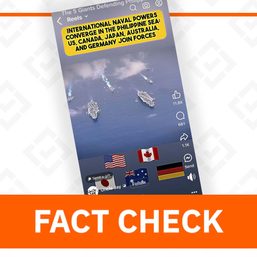
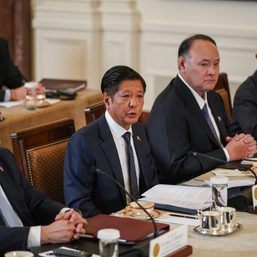
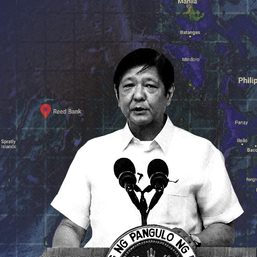
![[Newspoint] The lucky one](https://www.rappler.com/tachyon/2024/04/lucky-one-april-18-2024.jpg?resize=257%2C257&crop=536px%2C0px%2C1080px%2C1080px)

There are no comments yet. Add your comment to start the conversation.